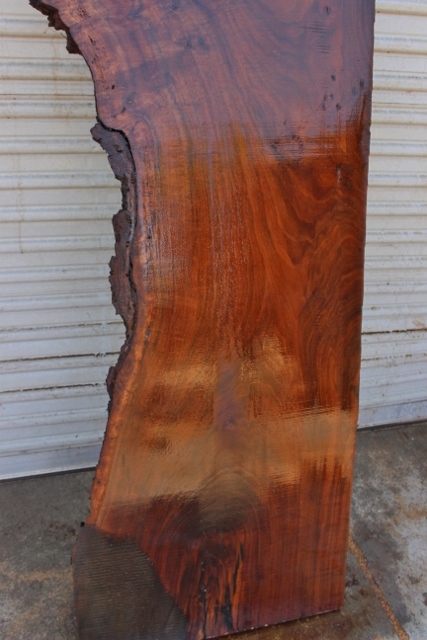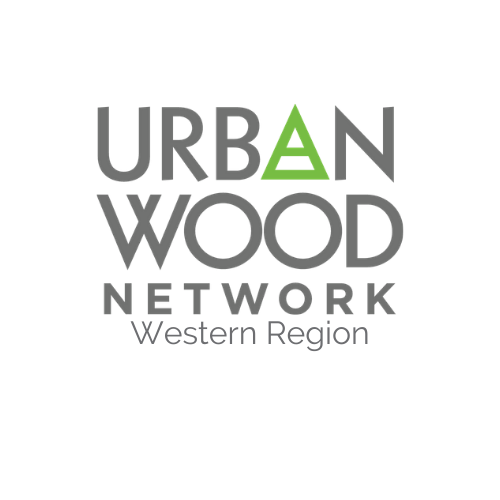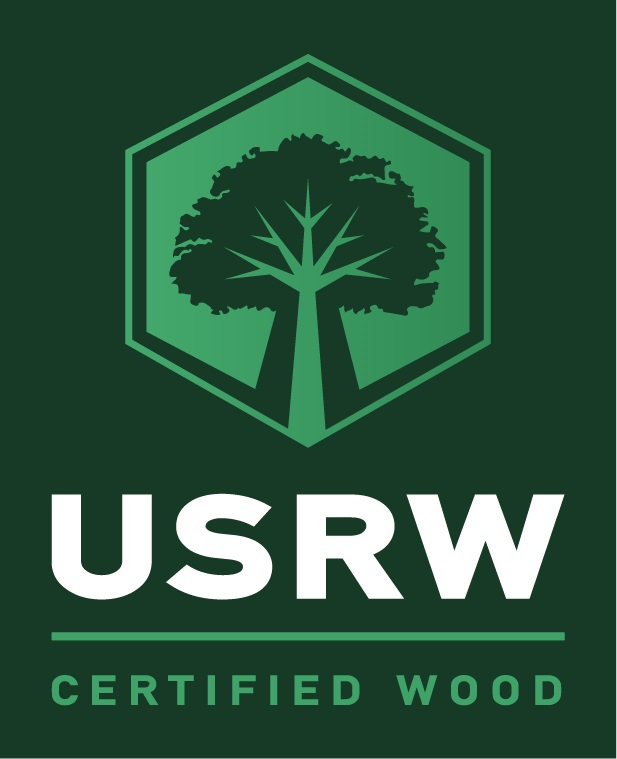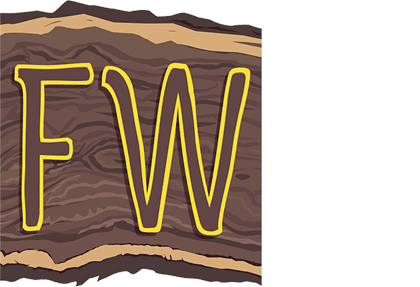Good for the Environment
The Right Environmental Choice
There is approximately 7.2 Billion board feet of merchantable urban wood that comes from our cities alone that could be processed into lumber each year, (Nowak study, 2019 USFS) That’s not even counting the fire salvage from communities devastated by fire, and it isn’t counting the orchard rescued trees that would otherwise be chipped.
Only a small fraction of this wood is currently being processing into value added wood products. When this wood is converted into lumber the carbon is stored in the lumber. However, when the wood enters the waste-stream, the carbon is emitted into the atmosphere. This is one of the reasons that materials selection in new projects is vitally important.
While much of this valuable wood is going into our waste-stream, there is an incredible amount of exotic wood being imported. We aren’t advocating that you should stop using those imported woods, but we do believe that we can better utilize the woods that are right here in our local communities. In many cases they are every bit as beautiful as the treasured exotics from around the world with their burl, figure, spalting, or other character features. We encourage you to take a look at our ecofriendly, regenerative wood products.

The woods that we offer are Urban Wood, (urban salvaged, and reclaimed), and over 95% of the woods we offer are also considered local woods. Far West is a member of the Urban Wood Network and is working towards offering only USRW Certified Urban Wood as that Chain-of-Custody certification process becomes available as well as Forest Salvage wood that would otherwise go to waste.
The Urban Wood Network and USRW Certified Woods have defined Urban Wood as the following;
Urban Wood: Any wood that was not harvested for its timber value and was diverted from or removed from the waste-stream and developed or redeveloped into a product. Urban wood can come from three sources: Deconstruction, fresh cut urban trees, & salvaged wood.
The source location for urban wood can include: urban forests, urbanized areas, urbanized places outside urban areas, and generally any areas where we work and live
Local Wood: Refers to wood and wood products that have not traveled a significant distance from point of origin to final destination, including all processing and manufacturing procedures. To be considered “local”, that distance must be less than 500 miles. Products that travel a greater distance may still be certified under the USRW Certified Wood Standards, but may not be labeled as “local”.
These are trees that have come from our urban forests, and areas where we live and work,and have been rescued from the waste-stream. These include trees that have come down in storms, (windfalls), were diseased or otherwise dying. Or they needed to be removed for highway improvement projects or safety. They can also include nut or fruit crops that were removed by farmers to plant fresh more productive crops, these traditionally have been pushed up, and burned, or chipped. Essentially these are any woods that were not harvested for their timber value.
In addition Far West also sells salvaged lumber such as the beetle kill pine that has died due to the drought or recent fires in CA. Utilizing these woods as lumber, stores the carbon that would be emitted into the atmosphere if these woods were left to rot, chipped or burned. It is a great benefit to the environment to mill these woods into lumber and sequester that carbon and help promote a healthy environment and reduce waste.


